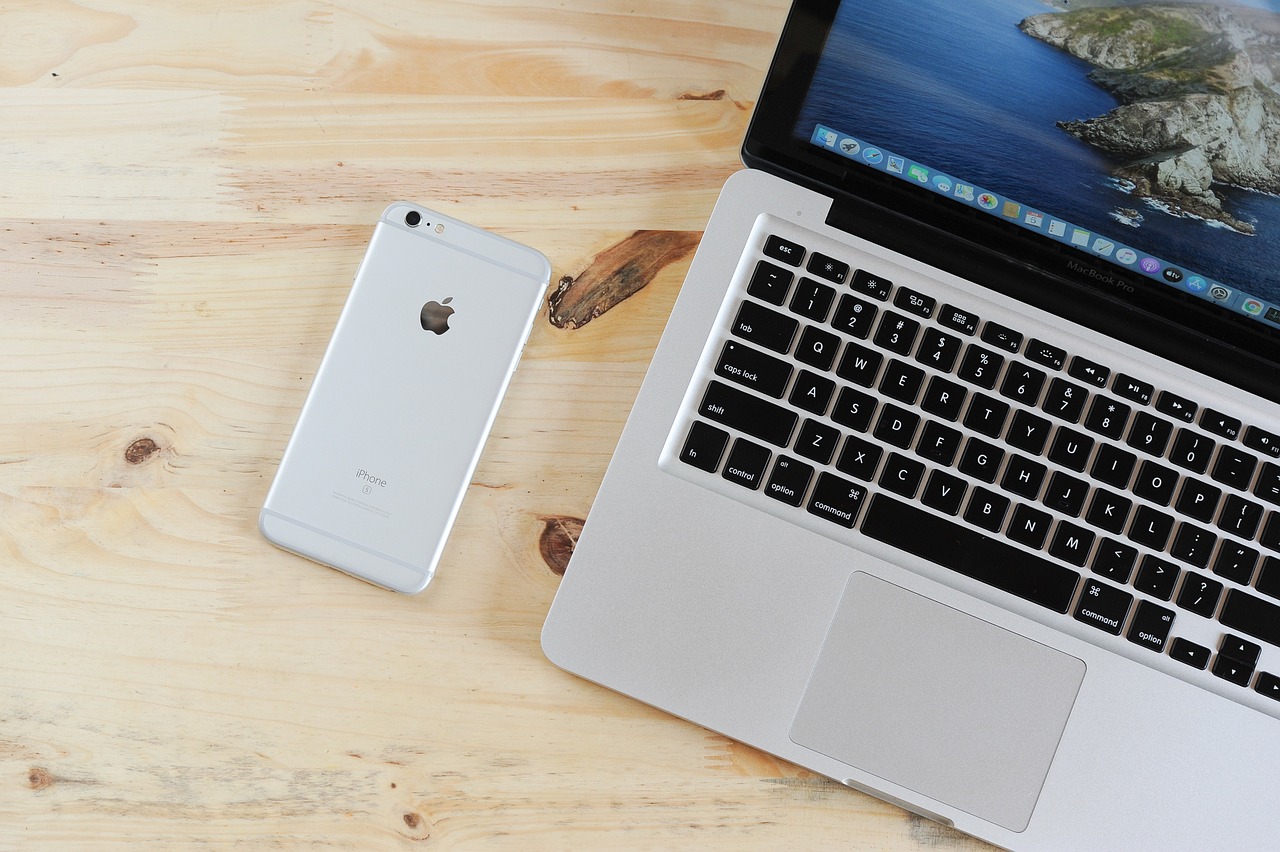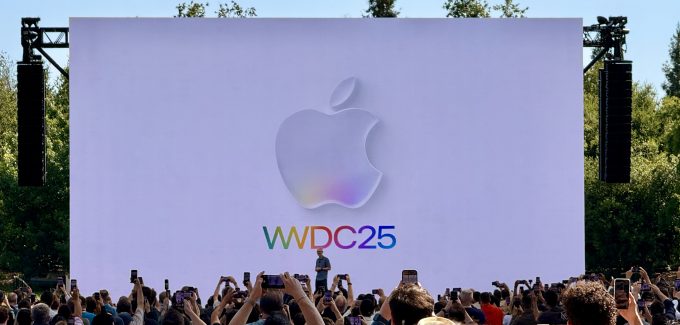
Apple Inc. closed above $240 for the first time in over a month, settling at $241.53 on Thursday. The recovery comes after weeks of market uncertainty, during which Apple faced pressure from broader economic concerns and wavering consumer demand. The rebound led Jim Cramer, host of Mad Money, to criticize those who doubted Apple's resilience-especially investors who sold their shares when prices were lower.
Market swings like this aren't anything new. Investing, like gambling, is about risk, timing, and knowing when to hold steady. Maxime Blanc, a gambling expert, has pointed out that the best online casinos not on GamStop attract players with fast payouts, a wide range of payment options, and enticing bonuses-factors that keep people engaged despite unpredictable outcomes. Just as experienced gamblers weigh their risks, investors who stuck with Apple instead of bailing when it dipped are now seeing the benefits.
Apple's struggles in recent weeks were tied to broader market volatility, with concerns about slowing iPhone sales and the company's reliance on international markets playing a role in its stock's decline. The last time Apple closed above $240 was January 8, before a period of turbulence saw its value dip below key resistance levels. While the recent recovery suggests renewed investor confidence, Apple remains down nearly one percent for the year, showing there's still room for improvement.
Cramer has long urged patience when it comes to Apple stock, often arguing that short-term market noise can cloud long-term fundamentals. However, his advice hasn't always been well-received. Some traders have even adopted the "Inverse Cramer" strategy-betting against his calls-after some of his past recommendations sparked controversy. Despite the skepticism, Apple's stock has followed an upward trend in recent weeks, adding to the ongoing debate about its valuation and long-term prospects.
Apple saw steady gains in November, rising over six percent throughout the month. Shares climbed from $222.91 on November 1 to $237.33 by November 29, strengthening the company's position in the market. These gains helped Apple maintain a market capitalization of $3.638 trillion, reinforcing its place as one of the most valuable companies in the world. However, analysts remain divided on whether the recent rally is sustainable, particularly as tech giants face increasing competition and regulatory scrutiny.
Some investors see Apple's ability to maintain strong sales numbers and a loyal customer base as a sign of stability, even during uncertain market conditions. Others remain cautious, pointing to global economic factors, shifts in consumer spending, and Apple's reliance on hardware sales as reasons to be wary. While services and subscription revenue continue to grow, hardware remains Apple's primary revenue driver, making product cycles and global supply chains crucial to its future success.
Beyond financial performance, Apple's future growth also depends on its ability to innovate and adapt to changing market demands. With AI-driven technology becoming a focal point for tech giants, some wonder whether Apple will keep pace with competitors like Google, Microsoft, and Meta in the AI space. The company has historically taken a measured approach to adopting emerging technologies, often refining existing trends rather than being the first to introduce them. Whether that strategy will work in an AI-dominated future remains to be seen.
Apple's latest price movement keeps it at the center of debate among investors and analysts. While some question its long-term growth potential, the recent increase suggests that investor confidence remains intact, at least for now. The upcoming months will be critical as Apple faces economic uncertainties, product launches, and shifting consumer behavior. Whether the stock continues to climb or faces renewed pressure will depend on how the company navigates these challenges moving forward.
















